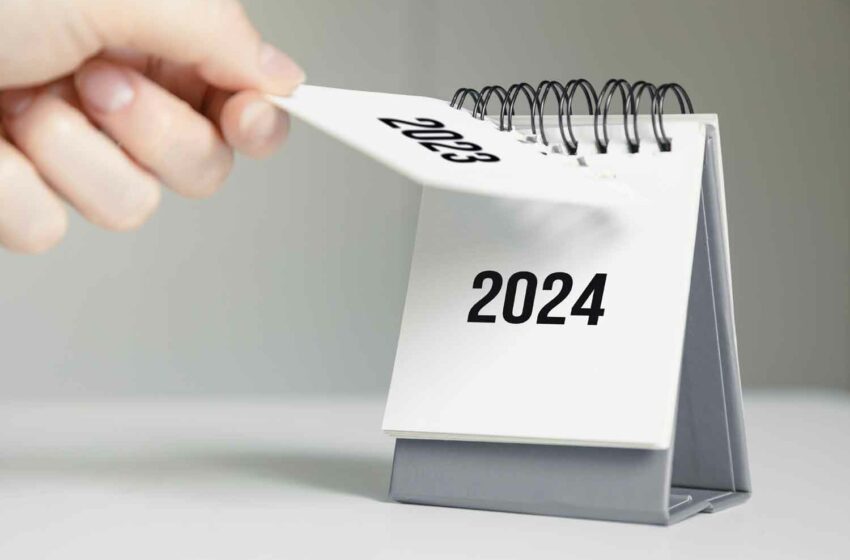The rule, first announced in April 2022, is now expected in March 2024. Read More
Tags :menthol
Critics urge haste, citing scientific evidence and health community input. Read More
A majority of Joe Biden’s voter base opposes a ban on menthol cigarettes and flavored cigars.Read More
The measure will put more Black farmers out of business, according to the NBFA. Read More
Restricting menthol cigarettes would jeopardize revenue, says Building America’s Future. Read More
The agency based its marketing denial on 'sound scientific judgements,' says court.Read More
This is the last regulatory step before the issuing of rules in the United States. Read More
A study shows that keeping products legal and regulated is better policy, according to Altria. Read More
Companies insist their products comply with the law because they taste only like tobacco. Read More
The U.S Food and Drug Administration is running behind schedule. Read More










